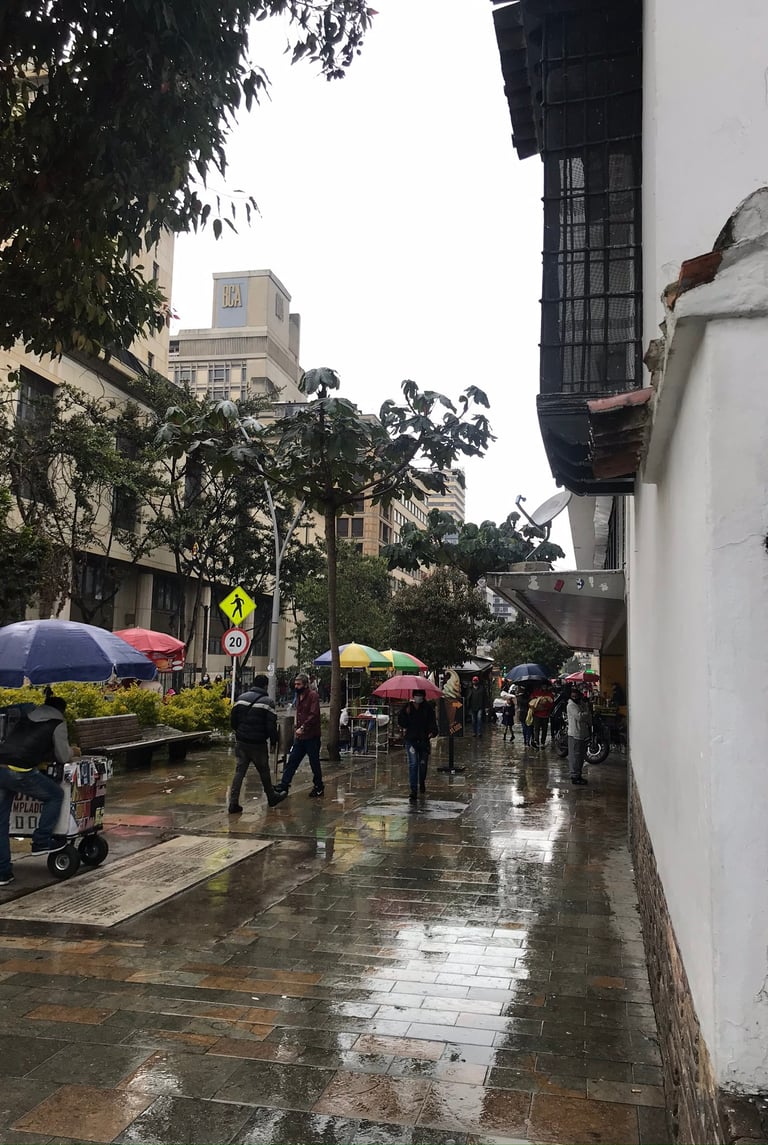An Information-Centric Approach to Relief and Development Coherence in Response to Protracted Refugee Crises
Creating measurements for assessment and fostering the Global Compact for Refugees.
RESEARCH DIGITAL DEVELOPMENT FORCED MIGRATIONMONITORING AND EVALUATION DESIGN
In this project, I was taken on by Dr. Carleen Maitland to develop a Toolkit for measuring and fostering coherence collaboration between humanitarian and development actors in response to protracted refugee crises.
I conducted a comparative case study of two refugee-hosting countries of Uganda and Ecuador. From policy analyses to interviews with more than 35 donors, I/NGOs, and local organizations regarding refugee and migration policies, I was able to assess organizational partnerships and socio-economic inclusion programming efforts for refugees and their host communities.
From the analysis, I designed and developed the Relief and Development Coherence Toolkit Package where organizations can measure their progress towards achieving the Global Compact of Refugees and foster partnerships across different domains.
The Assessment and Fostering Toolkit Package was designed for systematic tracking, analysis, and further support of Relief and Development Coherence activities. They inform donors, host country governments, UN agencies, international and local NGOs, and other stakeholders by providing insight into where and when Relief and Development Coherence might be achieved, and through what processes it can best succeed.
Each Assessment Toolkit is designed based on the different types of expertise of various stakeholders. The Toolkit Package was designed to facilitate dialog between those with knowledge of policies, strategic plans, and operational programs by involving stakeholders in all levels of decision-making.
Stakeholders will be able to use the Toolkit Package to evaluate their contributions to Relief and Development Coherence and decide where and in which level(s) they can contribute. The Toolkit Package includes 4 levels of assessment including:


Plaza de Bolivar, Bogota, Colombia- Colombia hosts more than 2.5 million Venezuelans displaced abroad.
